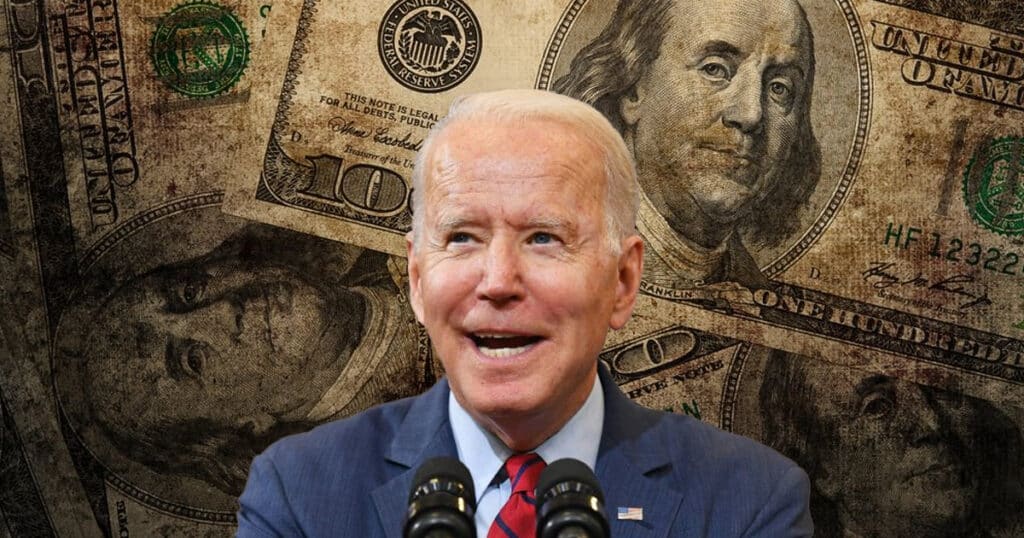
‘Shocking’: Federal deficit grows by 27 percent in four months
The latest federal budget projections paint a troubling picture of the U.S. fiscal problem.
The U.S. Congressional Budget Office released new estimates this week that the federal deficit this year will be nearly $2 trillion, more than double the deficits just five years ago.
“Large deficits push federal debt held by the public to 122 percent of GDP in 2034,” CBO said. “Economic growth slows to 2.0 percent in 2024 and 1.8 percent in 2026 and later years.”
CBO’s revisions include a significant increase in large part because of the recent foreign aid bill passed by Congress.
From CBO:
In CBO’s current projections, the deficit for 2024 is $0.4 trillion (or 27 percent) larger than it was in the agency’s February 2024 projections, and the cumulative deficit over the 2025–2034 period is larger by $2.1 trillion (or 10 percent). The largest contributor to the cumulative increase was the incorporation of recently enacted legislation into CBO’s baseline, which added $1.6 trillion to projected deficits. That legislation included emergency supplemental appropriations that provided $95 billion for aid to Ukraine, Israel, and countries in the Indo-Pacific region. By law, that funding continues in future years in CBO’s projections (with adjustments for inflation), boosting discretionary outlays by $0.9 trillion through 2034.
Maya MacGuineas, president of the Committee for a Responsible Federal Budget, called the latest figures “shocking” and said the U.S. is on a path to being weakened as a nation.
“With debt growing out of control, we need leadership now more than ever,” MacGuineas said in a statement. “This should be domestic issue number one in the presidential campaign. It’s time for Presidents Biden and Trump to put forward plans to fix our debt. And it’s long past time for Congress to act.”
CBO also projects that interest payments alone will be nearly $900 billion and total $13 trillion over the next ten years.
“Over the past eight months of the fiscal year, we’ve spent more on interest payments on the debt than we have on national defense,” MacGuineas said. “We are already spending more on interest than we do on all federal spending for children, and we will see interest grow larger than Medicare spending this year.”


